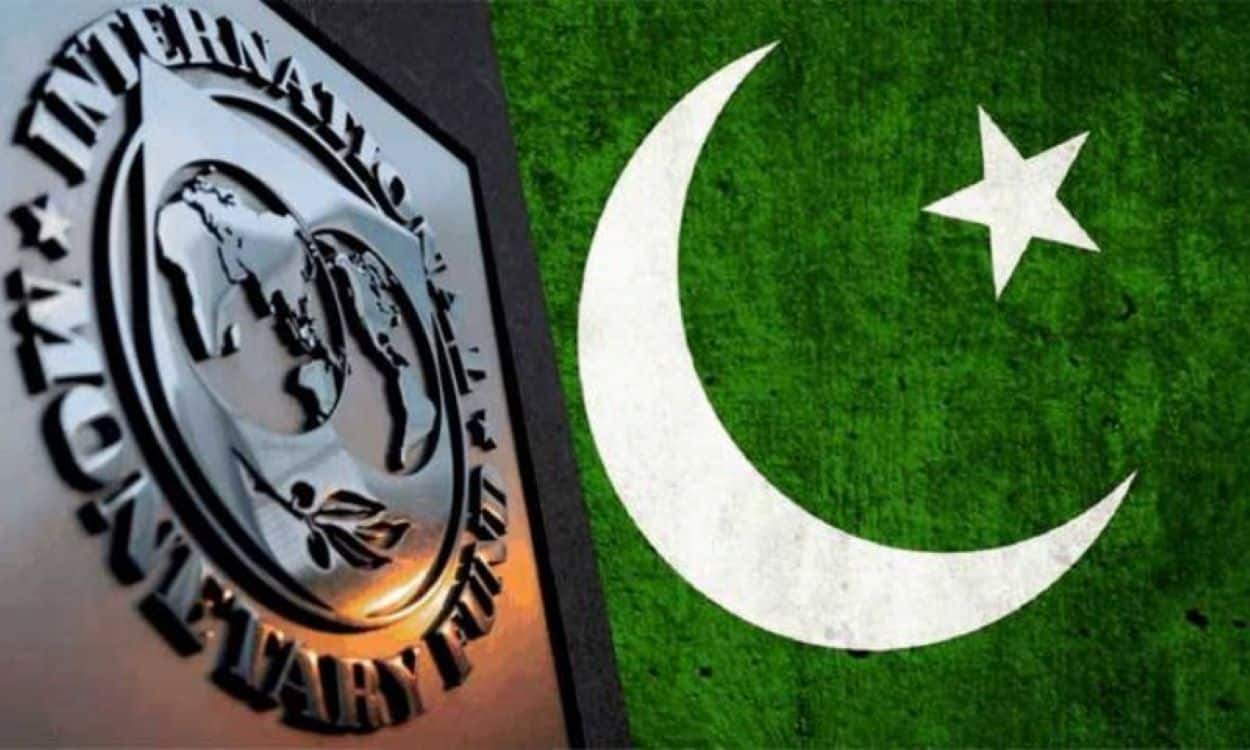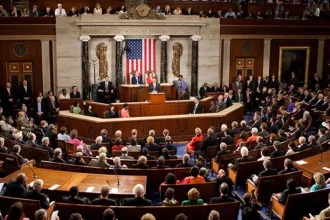In Pakistan, the salaried class continues to face economic pressures amid rising inflation, with little immediate relief anticipated.
The Ministry of Finance has clarified that relief measures for this demographic hinge on the approval of the International Monetary Fund’s (IMF) Executive Board regarding a proposed loan program.
Prime Minister Shehbaz Sharif has reviewed potential relief strategies for the salaried class, but the government has deferred decisions until further discussions with the IMF. The Ministry of Finance and the Federal Board of Revenue have expressed concerns about the feasibility of reversing recent tax impositions on the salaried class, citing significant challenges. After receiving approval for a $7 billion loan program from the IMF, the government will likely address these issues.
Read: Pakistan Government Proposes Tax Relief for Salaried Workers Earning Up to Rs100,000
The government is actively exploring various options to relieve the salaried class, with definitive actions depending on consultations with the IMF and subsequent approval from Parliament. If these discussions are favourable, the government might implement tax rollbacks, potentially offering annual relief of approximately 15,000 PKR to individuals earning up to 100,000 PKR per month.
Efforts are in motion to allocate a relief package of 40 billion PKR targeted at lower salary brackets. This fiscal year, the government has adjusted the income tax rate to 5% for annual earnings between 600,000 and 1.2 million PKR and, similarly, for those earning up to 100,000 PKR per month.
Federal Finance Minister Mahmood Aurangzeb emphasized the urgency of enhancing economic measures, stating, “We need to bring our monthly exports up to 4 billion USD. We must undertake measures that have not been done in 75 years.”






